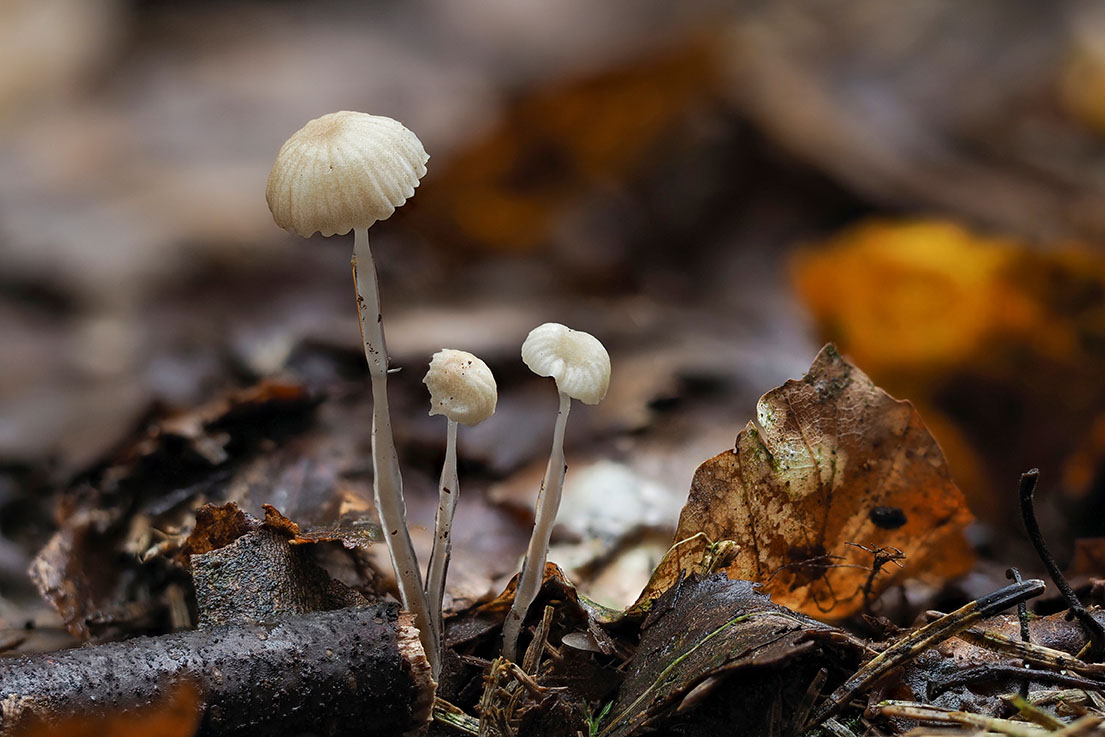

A fungus is a eukaryotic organism that is neither a plant nor an animal. Fungi are heterotrophs, meaning they get their food from other organisms. They typically obtain their food by breaking down organic matter, such as dead plants and animals.
Fungi have a unique cell structure that is different from plants and animals. Fungal cells have a cell wall that is made of chitin, a strong, flexible material. Fungi also have a nucleus, which is the control centre of the cell.
Fungi are found in all parts of the world and come in many different shapes and sizes. Some fungi are mushrooms, while others are moulds or yeasts. Fungi play an important role in the environment by breaking down dead plants and animals. They also produce many substances that are used by humans, such as antibiotics and enzymes.
The mould in the shower is a fungus.

Noun: fungus, fungi.
Adjective: fungal.
Verb: fungus.
The word "fungus" comes from the Latin word fungus, which also means "fungus". The Latin word fungus is thought to be derived from the Proto-Indo-European root bheg, which means "to swell".
What is fungus?
Question:
Describe the ecological roles of fungi in ecosystems and their importance in nutrient cycling.
Answer:
Fungi play vital ecological roles in various ecosystems, contributing to nutrient cycling and ecosystem functioning. As decomposers, they break down organic matter, such as dead plants and animals, into simpler compounds, recycling essential nutrients back into the soil. This process, known as decomposition, is crucial for sustaining nutrient availability and supporting the growth of plants and other organisms.
Additionally, fungi engage in mutualistic relationships with plants, forming mycorrhizal associations. In these partnerships, fungi provide plants with enhanced nutrient absorption capabilities, particularly phosphorus and nitrogen, while receiving carbohydrates from the plants. This mutualism benefits both parties, fostering healthier plant growth and aiding fungi in obtaining necessary nutrients.
Furthermore, some fungi act as pathogens, causing diseases in plants and animals. While this can have negative impacts, it also helps regulate populations and maintain ecological balance.
Overall, fungi contribute significantly to nutrient cycling and ecological stability in ecosystems, highlighting their importance in maintaining healthy and functioning environments.